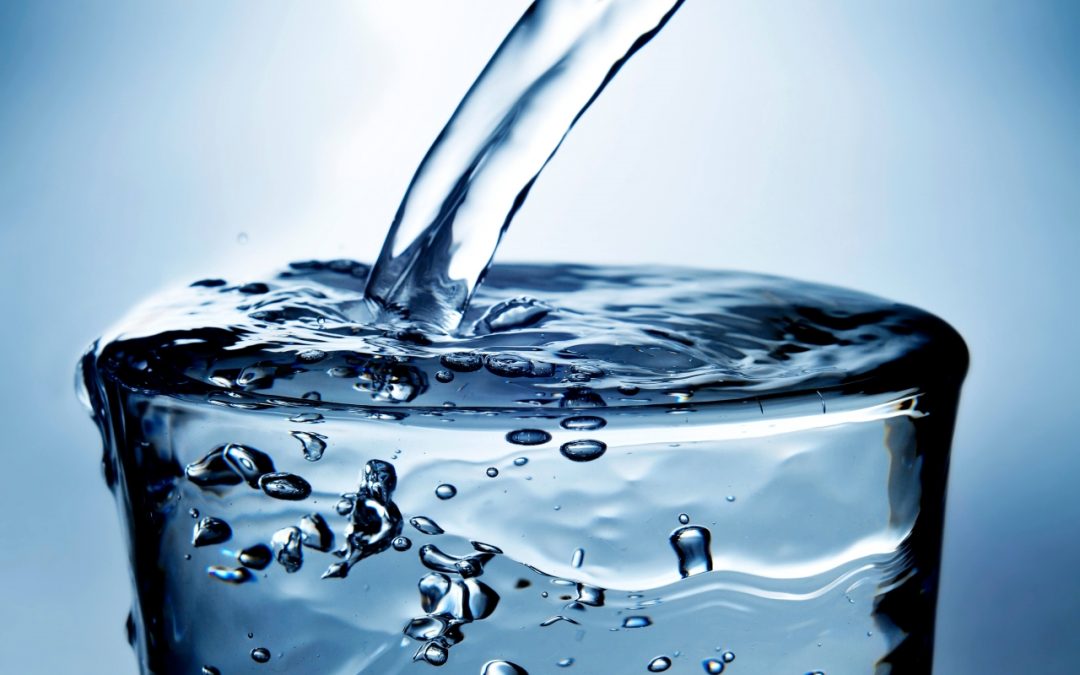You may be worried about chemicals leaching into your well, contaminants from pipes, or inadequately treated public water. The right home water filter will make your water healthier to drink. Keep reading to learn about some of the most common types of water filters available.
Ultraviolet (UV) Light Home Water Filter
Using UV light to treat water is an effective method for removing biological contaminants like bacteria. The water is passed through a chamber and irradiated by a glass UV fixture. This kills any living organisms in the water.
Pros:
- Highly effective at removing living organisms like viruses, bacteria, and parasites
Cons:
- Expensive to purchase
- Requires electricity to operate
- Does not remove sediment or other non-living contaminants
Activated Charcoal
One of the most commonly used forms of filtration, activated charcoal may be the right home water filter for you if you are primarily concerned about chlorine, sediment, and water odor or taste. It is used in many pitchers and faucet-mounted filters, and its cost-effectiveness makes it a staple in many homes.
Charcoal acts as a physical barrier to large particles. As they pass through the electrically charged carbon molecules, these contaminants are absorbed and removed from the water.
Pros:
- Accessible and readily available
- Relatively inexpensive to purchase and maintain
- The passive operation does not require electricity to work
- Effective at removing larger contaminants and improving both taste and odor of water
Cons:
- Does not remove smaller or dissolved particles, minerals, and salts
- Filters need to be replaced periodically
Reverse Osmosis Home Water Filter
If you are concerned about metal contaminants and parasites, or you are struggling with hard water issues, a reverse osmosis system might be the right home water filter for your family. Water is forced through a semi-permeable membrane to purify it. This can remove dangerous metals like lead from drinking water. It also removes salts, parasites, and chemicals.
Reverse osmosis systems can be bulky and have several stages of filtration. They are also a sizable investment, especially for whole-house systems. Smaller, under-counter or countertop models can provide single-source drinking water at a lower initial investment. Keep in mind that these systems will produce a large amount of wastewater-about 4 gallons of waste for every gallon of clean water.
Pros:
- Highly effective at removing most contaminants
- Provide softer water due to the removal of salts and minerals
- Usually does not need electricity
Cons:
- Expensive to install, especially larger whole-house systems
- Multiple filters that require maintenance
- A large amount of wastewater is produced
- Can be bulky with multiple filter units
Which is the Right Home Water Filter for Your Family?
So, how do you choose the right home water filter for your family? That will primarily depend on your water quality and personal concerns. Take a look at your finances to determine what you can afford, too.
Start by having your water tested by a reputable company to determine what you need to filter out. If there are high levels of silt or other large physical contaminants, then an activated charcoal filter may be sufficient. If you are trying to treat high bacterial levels, a UV filter may be a better choice. Reverse osmosis filters can generally address both concerns and offer the advantage of removing heavy metals like lead.
R. Sorensen Construction & Inspections offers water testing and other services to Eastern Oregon. Contact us to have your water tested.

